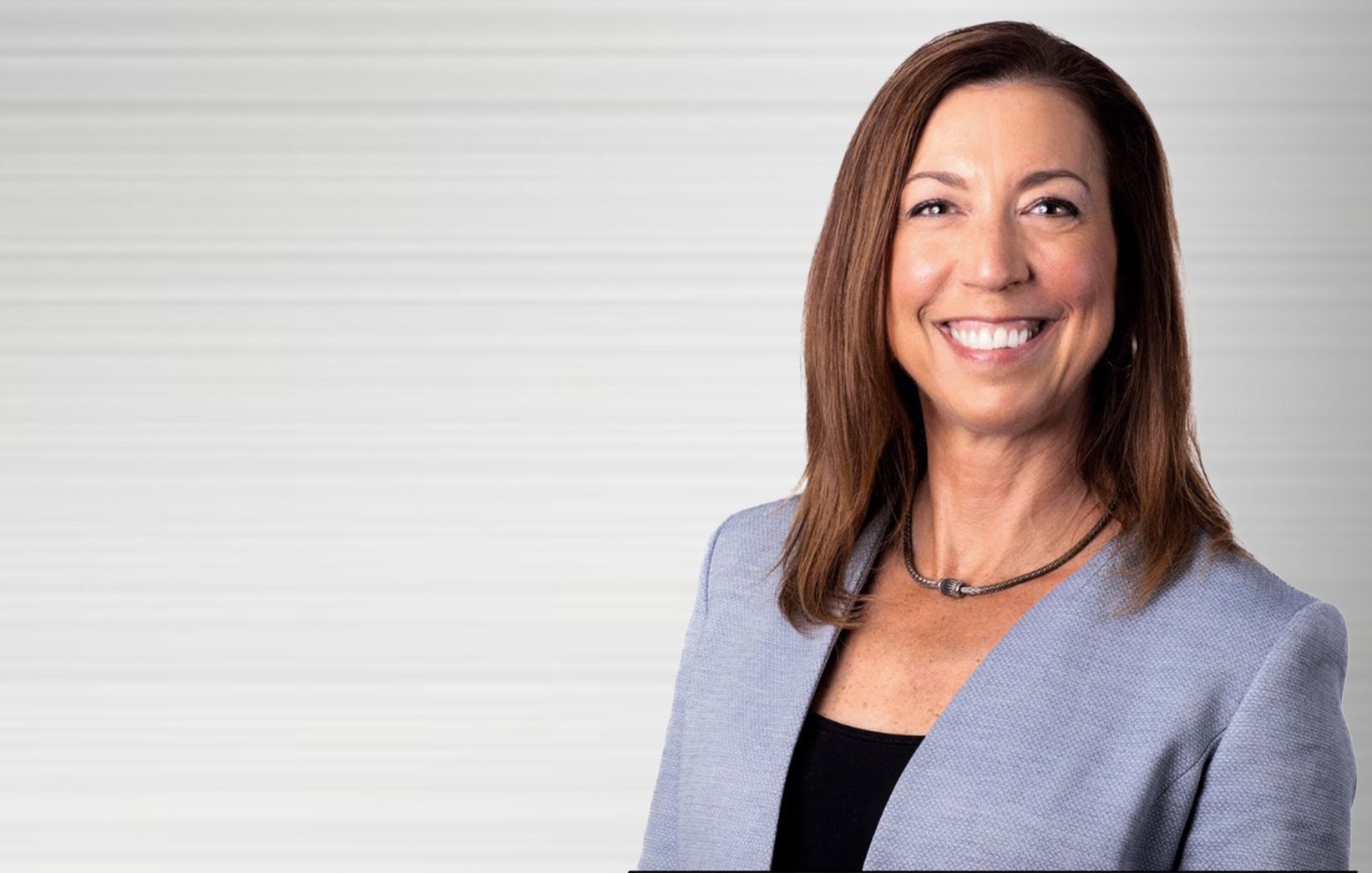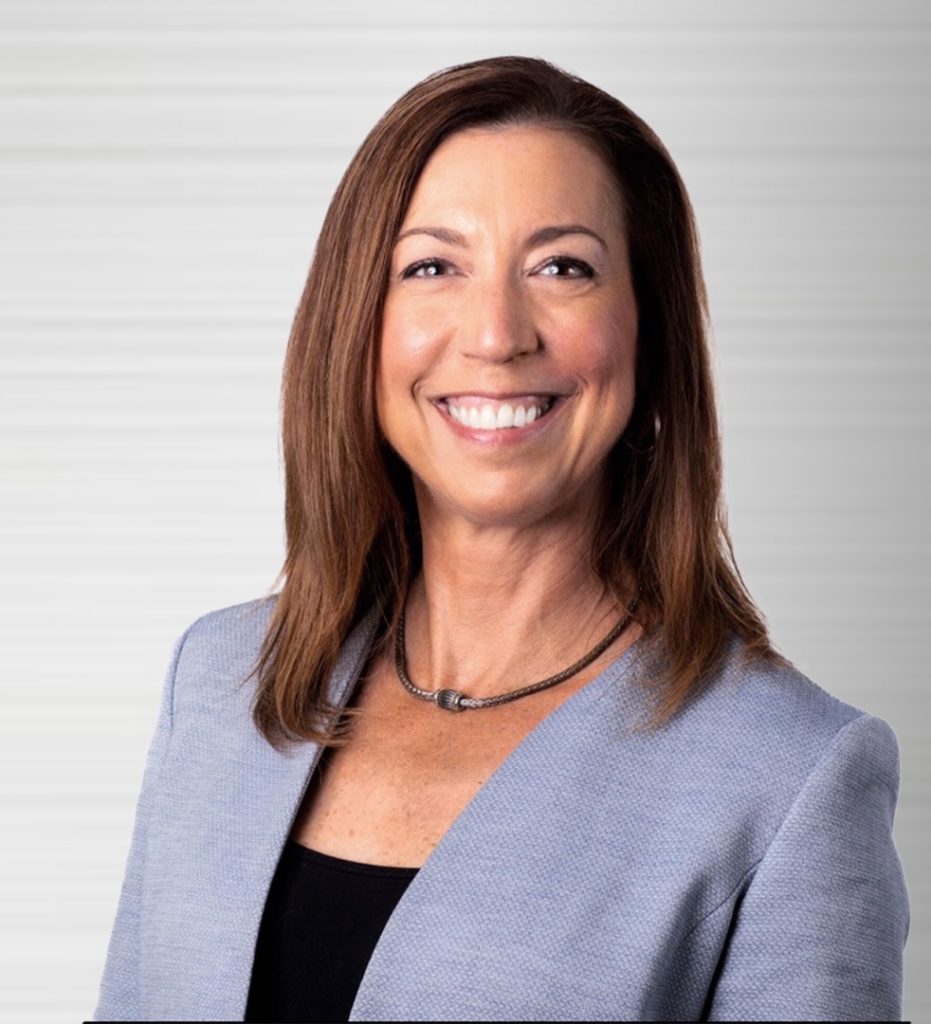Feuell Returns To Autos To Restore Tattered Chrysler Brand



But less than a year into her new role, she’s making a case for having one of the best CEO jobs in one of America’s most important and exciting industries. And arguably, Feuell already has the long-neglected Chrysler brand back on the road to renewed relevance.
“Walter P. Chrysler said that the mission of Chrysler was to deliver quality, beauty, speed, comfort, style and power, all at an affordable price,” Feuell told Chief Executive. “That’s still what we’re setting out to do.”
Of course, few new brand executives have the luxury of reaching back for support to one of the titans of America’s industrial glory years. But Feuell also is trying to echo the founder’s success as well as demonstrate fealty to his philosophy. Sales of Chrysler’s sole viable vehicle, the Pacifica minivan, are up 26% so far this year in a revived vehicle segment whose overall sales have risen by 12%. She has solid plans to expand Chrysler’s vehicle lineup once again after decades of corporate neglect. And Feuell is working with Stellantis CEO Carlos Tavares to establish Chrysler as the corporate flagship for electrification.
Feuell is a former automotive hand, at Ford, and came back to the industry from stints at Johnson Controls and at Honeywell, with progressively greater responsibilities in sales, marketing, product management and P&L leadership. She established what Tavares called “a strong track record of delivering profitable growth through integrated products, software and services.”
“I showed I would bring a different kind of thinking to the business and the brand. I’m excited to be part of the revitalization of such an iconic brand, which I think we can grow and continue to differentiate.”
In returning to the auto industry to helm Chrysler, of course Feuell was well aware of the brand’s history, which included not just its founder but another legendary figure: Lee Iacocca. The inimitable marketeer famously said in Chrysler advertising in the 1980s, “If you can find a better car, buy it”—even though at the time the original member of Detroit’s Big Three triumvirate basically was wheezing along on plain-vanilla models known as “K cars.” Iacocca’s bluster kept the company alive.
Yet Iacocca also presided at that time over the introduction of the minivan, a concept hatched by a veteran auto executive, Hal Sperling, when he worked for Iacocca at Ford and then brought by Sperling to Chrysler. The minivan form—front-wheel drive, fuel-efficient engine, high ceilings and sliding side passenger doors (only one entry at first) was an immediate hit with American boomers building households and helped Chrysler limp along through various corporate manifestations in the years following. Its success also spawned many imitators.
But by two decades ago, the shine was off the minivan as millennials forming their own households largely disdained the kid-haulers of their youth. Little seemed able to stop minivans’ slide as large SUVs and crossovers picked up most of the trade from millennial parents.
At the same time, aging minivans were about all the Chrysler brand had as Fiat Chrysler, after the 2008 taxpayer bailout by U.S. taxpayers, paid more attention to expanding Jeep, burnishing a Ram pickup truck brand that it spun off from Dodge, and even turning Dodge into a muscle-car marque. The new Pacifica minivan several years ago helped the minivan remain relevant, at least, while the rest of Chrysler’s once-broad product lineup was allowed to deteriorate.
Until now, under Tavares and Feuell. Already, as she sets about trying to restore the Chrysler brand to its previous pinnacle, Feuell has put together these lessons that other brand CEOs can learn from:
• Covid narratives still resonate. Millennial parents and empty-nest boomers alike paid new attention to the minivan as a way to move about outside and appreciated its roominess and other amenities, similar to how tens of thousands of Americans became new buyers of recreational vehicles.
“The Pacifica provides great ergonomics, fantastic cargo capability, and a lot of versatility,” Feuell said. “And there’s renewed interest in comfort and the ease of exit.”
• Things come back. The superior practicality of Pacifica and other minivans carries increasing weight even with millennials who grew into adulthood thumbing their noses at the vehicle form. But Chrysler under Feuell also is recognizing that there are major cycles in such things, and the brand has launched marketing efforts that nod at these conflicted feelings in one of Pacifica’s crucial target groups.
• The electric path. Not only did Pacifica beat minivan competitors to the punch in offering a hybrid version, but Feuell said the brand will become Stellantis’s U.S. flagship in lineup electrification overall. At a time when not only the auto industry but many others are electrifying with speed in various ways, Feuell likes the fact that her brand is leading the way for the entire company.
• Iconic brands survive. The Chrysler brand has been beaten down and neglected but it’s still around and in good enough shape to present a credible case for revival. In fact, Feuell plans to preside over a re-expansion of the brand’s vehicle lineup that will include an SUV for the first time in eight years.
• You can come home again. “What [Tavares] told me about his investment in building Chrysler really interested me,” Feuell said. “And it’s a good time to come back to autos after 12 years away, at a time when technologies are all coming together to change the industry.


0

1:00 - 5:00 pm
Over 70% of Executives Surveyed Agree: Many Strategic Planning Efforts Lack Systematic Approach Tips for Enhancing Your Strategic Planning Process
Executives expressed frustration with their current strategic planning process. Issues include:
Steve Rutan and Denise Harrison have put together an afternoon workshop that will provide the tools you need to address these concerns. They have worked with hundreds of executives to develop a systematic approach that will enable your team to make better decisions during strategic planning. Steve and Denise will walk you through exercises for prioritizing your lists and steps that will reset and reinvigorate your process. This will be a hands-on workshop that will enable you to think about your business as you use the tools that are being presented. If you are ready for a Strategic Planning tune-up, select this workshop in your registration form. The additional fee of $695 will be added to your total.

2:00 - 5:00 pm
Female leaders face the same issues all leaders do, but they often face additional challenges too. In this peer session, we will facilitate a discussion of best practices and how to overcome common barriers to help women leaders be more effective within and outside their organizations.
Limited space available.

10:30 - 5:00 pm
General’s Retreat at Hermitage Golf Course
Sponsored by UBS
General’s Retreat, built in 1986 with architect Gary Roger Baird, has been voted the “Best Golf Course in Nashville” and is a “must play” when visiting the Nashville, Tennessee area. With the beautiful setting along the Cumberland River, golfers of all capabilities will thoroughly enjoy the golf, scenery and hospitality.
The golf outing fee includes transportation to and from the hotel, greens/cart fees, use of practice facilities, and boxed lunch. The bus will leave the hotel at 10:30 am for a noon shotgun start and return to the hotel after the cocktail reception following the completion of the round.